Move to introduce cigarette alternatives in Asia stubbed out by government resistance

No health issue has the capacity to divide public opinions more than smoking.
Even as countries around the world introduce more measures to curb the unhealthy habit, industry players, experts and consumers are calling on authorities to hold discussions and work towards substituting regular tobacco products with purportedly less harmful options such as e-cigarettes.
For one, governments in Asia are largely averse to having such discussions as the debate over the issue remains “polarised and emotional”, said Professor Tikki Pangestu, a visiting professor at Lee Kuan Yew School of Public Policy and an expert in public health policies.
The former Director in Research Policy & Cooperation department of World Health Organization (WHO) observed these governments, such as those in Australia, India, and Singapore, remain conservative in their attitude towards alternative cigarette products or imitation and emerging tobacco products, while the UK and other European countries adopt a more liberal approach.
Another key factor that accounts for the inertia among some regional authorities to warm up to alternative products is their close ties with major players in the tobacco industry, such as those in Indonesia and China, Professor Tikki added.
Nancy Sutthoff, Asia-Pacific regional coordinator for International Network of Nicotine Consumer Organisations (INNCO), an umbrella group lobbying for harm reduction from smoking, agrees, “In Asia, you have got governments that have very big investments, if not, complete oversight of the actual tobacco industry. Whereas in the West, the tobacco companies are separate entities from the government.”
INNCO’s seven Asia-Pacific member groups met up in Bangkok in December last year, resulting in a manifesto that stressed on harm reduction policies as a human right in the region.
Unlike countries in other regions that have been targeting their efforts on curbing the supply of tobacco with a “quit or die” mindset, countries in the West have been gradually transitioning to incorporating harm reduction policies in their fight towards a smoke-free world, added Sutthoff.
Are alternative cigarette products safer?
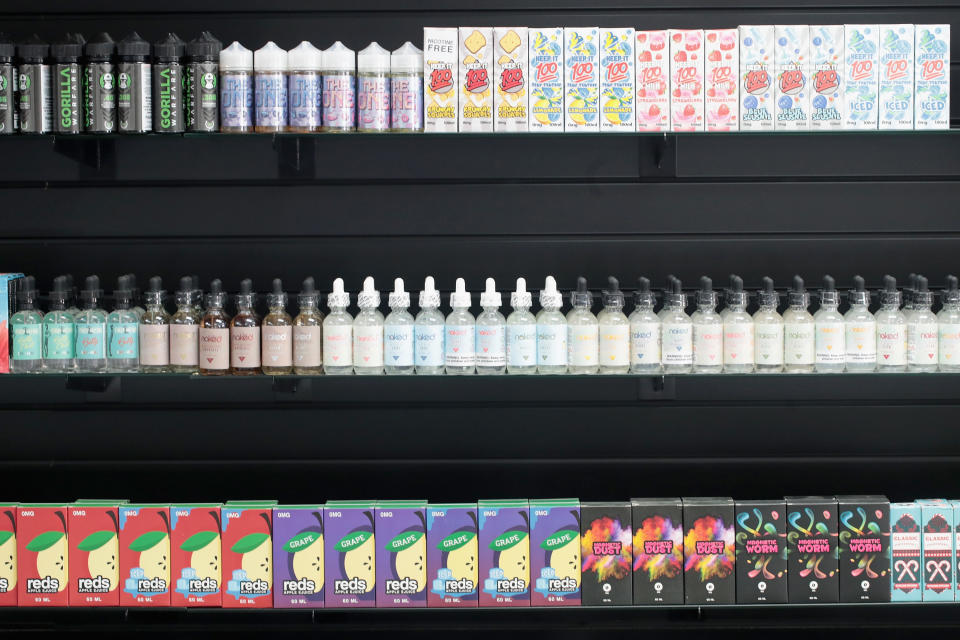
Besides e-cigarettes, which work by heating a flavoured liquid mixed with nicotine to generate a vapour, industry players have also touted snus, a moist powdered tobacco, and “heat-not-burn” tobacco products as “safer” alternatives to cigarettes.
A 2015 UK government-backed Public Health England study, cited often by vaping supporters, declared e-cigarettes to be around 95 per cent safer than their traditional counterparts and can help smokers to quit.
But US national public health institute Centres for Disease Control and Prevention warned that e-cigarette aerosol is not “harmless water vapour” as it contains harmful substances like cancer-causing chemicals and heavy metals such as nickel, tin, and lead.
“Heat-not-burn” products – as the name implies – heat up tobacco leaves up to 350°C, producing a vapour, as opposed to the burning of tobacco in cigarettes at around 900°C.
The vapour contains on average 90 per cent less toxic chemicals than cigarette smoke, according to Marlboro maker Philip Morris International (PMI), which this month launched two new tobacco-heating products under the IQOS line. However, the WHO has said there is “no evidence to demonstrate” that these products are less harmful than conventional tobacco counterparts.
“Our ambition is to replace cigarettes with better (alternatives) for people who smoke and the people around them. If we are successful…one day we will stop selling cigarettes,” said PMI CEO André Calantzopoulos in a press conference held in Tokyo in October to announce the company’s new IQOS 3 and IQOS 3 MULTI.
“Yes, we dream of a world where all of the sudden everyone would quit and clearly, that is what people who are concerned about their health should do,” said Calantzopoulos. He stressed that governments should evaluate alternative products and provide relevant information to citizens who wish to continue smoking.
Contrasting official positions in Asia
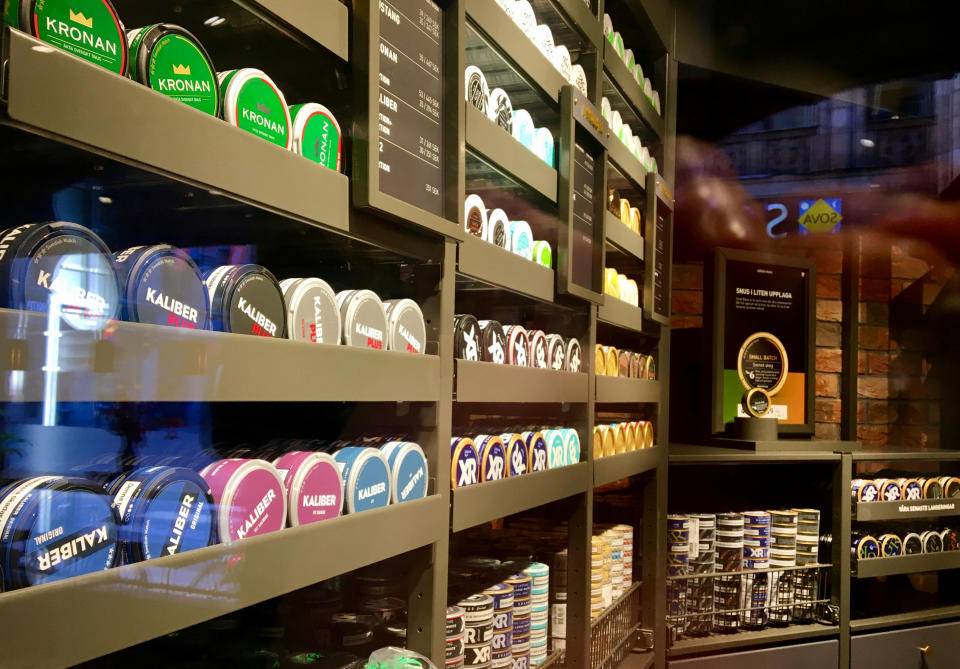
In Asia-Pacific, the sale and use of alternative cigarette products are hampered by regulatory hurdles.
For instance, in Singapore, the use and possession of imitation and emerging tobacco products were made illegal from 1 February, with offenders liable to face a fine of up of to $2,000. Previously, only the sale and import of such products were banned.
From 1 January 2017 to 30 September 2018, authorities in Singapore have dealt with 2,451 cases of importation of e-cigarettes and 156 cases of the sale of such products.
Since 1 February, 54 people have also been caught for the use of e-cigarettes. Authorities have branded the ban on consumption as a “precautionary stance” to prevent the introduction and “entrenchment” of such products.
In response to queries by Yahoo News Singapore, the Ministry of Health (MOH) and the Health Sciences Authority (HSA) said in a joint statement on 20 November that the health risks from e-cigarettes may “include possible tissue injury and disease, lung cancer, lung disease, heart disease, nicotine dependence and adverse effects on infant and adolescent brain function and development”.
It added, “Studies in Britain, Canada, and the United States show that e-cigarettes can appeal to non-smokers, including the young, and increase the likelihood of users progressing to cigarette smoking or to continue with dual use of e-cigarettes and cigarettes.”
The US Food and Drug Administration Commissioner Scott Gottlieb similarly weighed in on the subject in September, warning about an “epidemic of addiction” among teenagers who use e-cigarettes.
A recent survey in the US showed that there was a 78 per cent increase in e-cigarette use among high school students and a 48 per cent rise among middle school students over the past year.
“The FDA won’t tolerate a whole generation of young people becoming addicted to nicotine as a tradeoff for enabling adults to have unfettered access to these same products,” said Gottlieb.
Other jurisdictions in Asia that also have banned alternative cigarette products include Vietnam, Thailand and some states in Malaysia. Hong Kong is poised to be next on the list with a similar ban announced last month. In contrast, such products are legal in South Korea and New Zealand.
In the case of Japan – one of the world’s biggest markets for tobacco products -, while the sale and use of e-cigarettes and nicotine liquids are restricted, it is less stringent on tobacco-heating devices. The likes of PMI and its competitors have posted higher sales of such products, with a combined 17 per cent share of the tobacco market, according to data from the company.
Hard habit to break
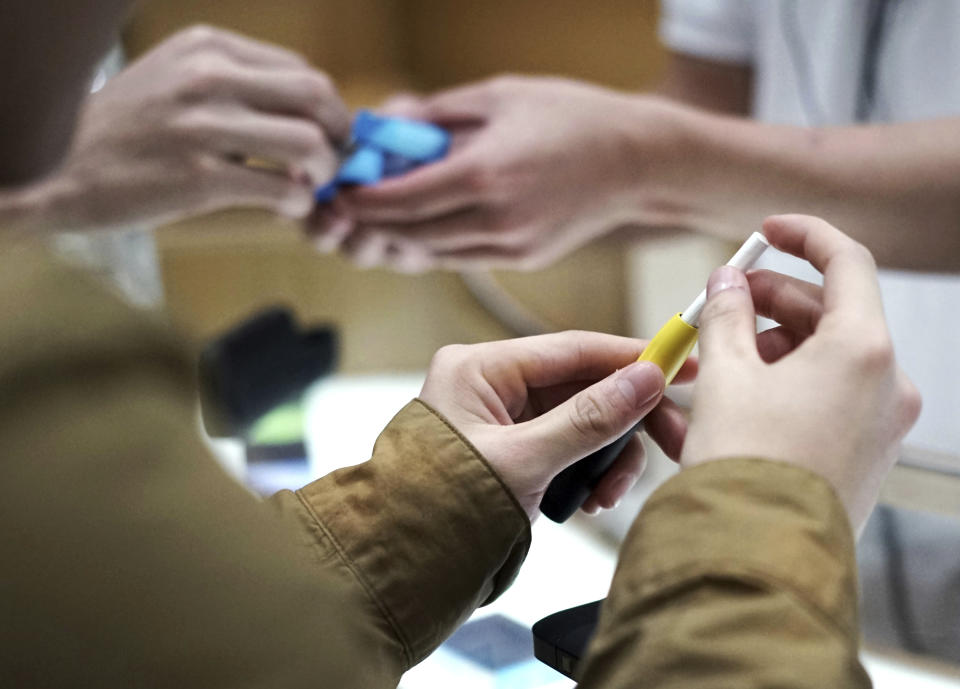
Due to the increasing availability of alternative cigarette products, such as tobacco-heating devices, sales of cigarettes have fallen in some markets.
For instance, cigarette sales in Japan decreased by 27 per cent in the fourth quarter of last year, partly due to the introduction of such products in the market, according to Andrew John da Roza, an addiction psychotherapist at Promises Healthcare in Singapore.
In comparison, the smoking rate in Singapore has remained constant at between 12 and 14 per cent in the past decade, higher than the government’s 2020 target rate of below 10 per cent.
Prof Tikki noted that the stagnant smoking rate in Singapore is a signal that current anti-smoking policies are not working and called on authorities to have a rethink of its regulatory stance.
To help smokers curb or eliminate their habit, there have been various methods introduced in Singapore, ranging from restricting smoking in public places, plain packaging to over-the-counter smoking cessation aids such as nicotine patches or gum.
“Only one to two per cent smokers in Singapore will ever want to use or try nicotine replacement therapy to give up on smoking. It is very unpopular with smokers. On the other hand, e-cigarettes and heated-tobacco products are extremely popular with smokers (as cessation aids),” said da Roza.
While da Roza agreed with tough laws to curb smoking, he urged the authorities to consider researching alternative tobacco products as part of their anti-smoking campaign.
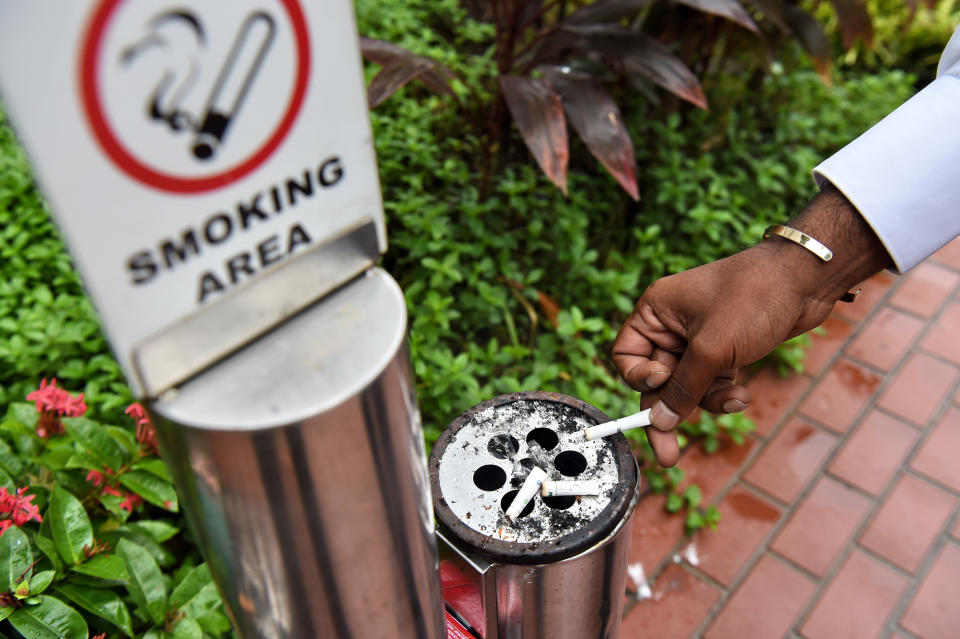
Prof Tikki warned that the blanket ban on alternative cigarette products in Singapore may lead to “desperate” smokers looking to kick the habit resorting to getting illegal and substandard e-cigarettes and toxic liquids imported from China.
“I hope eventually the government will soften their policies instead of enforcing a total ban on e-cigarettes…and sell them through pharmacies to people who genuinely want to quit smoking,” he added.
Jon, who declined to give his surname, had previously switched to e-cigarettes in an effort to cut down on his smoking habit. “It (also) doesn’t smell like a cigarette and you can smoke it almost anywhere without anyone complaining about it,” he added.
But the ban on e-cigarettes and other similar products in February forced the 35-year-old advertising executive, who was a smoker for two decades, to stop vaping.
Calling the ban a “knee-jerk reaction”, Jon said, “Unfortunately, I’m back to smoking now, mainly due to the fact that I can’t freely vape in public or get supplies to completely switch over to vaping.”
Softer stance expected?
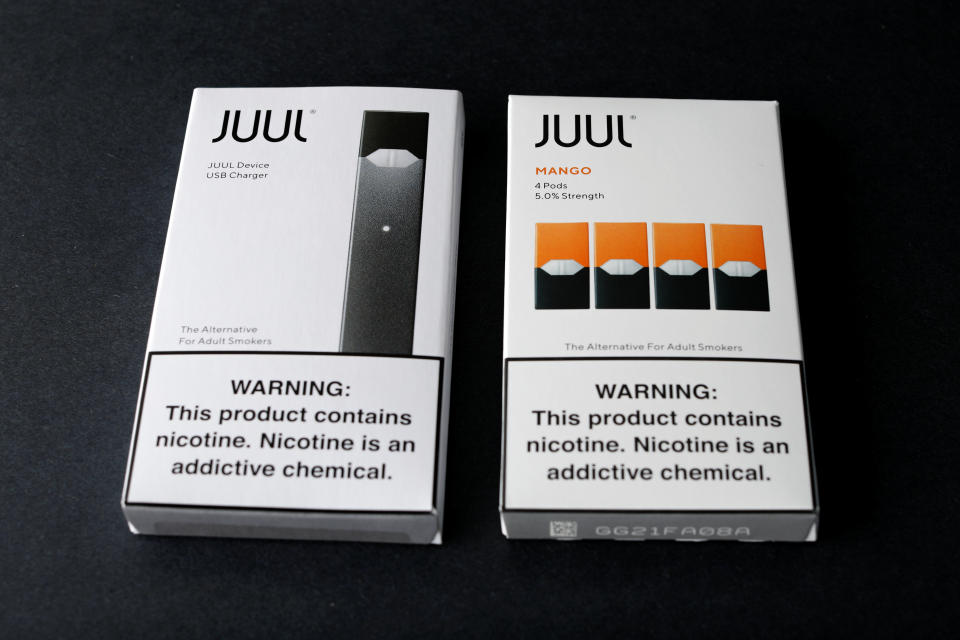
Despite the law against alternative cigarette products, US e-cigarette maker Juul Labs opened its first Asia office in Singapore as it looks to expand sales of its devices in Indonesia, India, South Korea and the Philippines.
Similarly, PMI opened a facility in Singapore to research into smoke-free products in 2010.
In their joint statement, MOH and HSA said there is limited evidence to show that e-cigarettes can aid smoking cessation. Thus far, no e-cigarette maker has submitted its products to the HSA for evaluation as a smoking cessation therapy, the authorities added.
Nonetheless, the authorities will continue to monitor developments and “do not rule out allowing particular e-cigarettes to be registered and regulated under the Health Products Act as a therapeutic product prescribed by doctors for smoking cessation, if sufficient evidence emerges to support this”.
The statement added that MOH does not proactively engage the tobacco industry on tobacco control policy in line with international best practices.
PMI chief science officer Professor Manuel C Peitsch said that the company hopes to hold constructive discussions with the authorities on the issue.
He added, “We need to have to have this interaction with the government to make those right decisions and why not make Singapore the first smoke-free country in the world?”
More Singapore stories:
Illegal cigarette buyer admits to driving car into Customs officer and injuring him
Orchard Road public areas designated as No Smoking Zone from 1 Jan
Most Singapore residents favour retaining 377A without enforcement: survey


